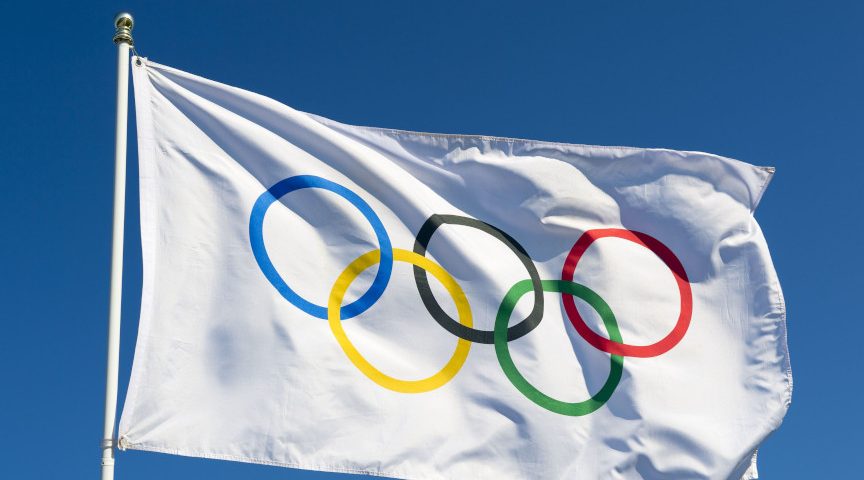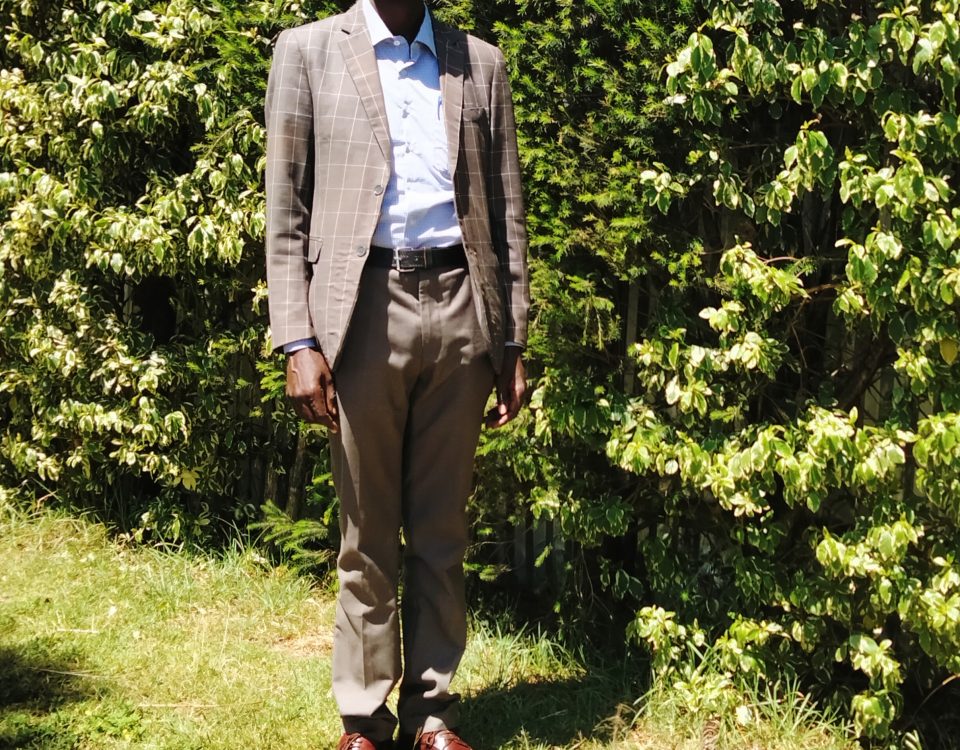Olympic Spirit – The Racist Edict
Champions Give Notice of Intent
January 21, 2021The Final Rehearsal
January 21, 2021Olympic Spirit – The Racist Edict

By Satish Sekar © Satish Sekar (August 18th 2020)
Africa Unite
The first African member of the Federation of International Football Associations (FIFA), South Africa, joined in 1909 – 1910 according to some accounts. They were also the first country outside Europe to join football’s fledgling governing body. And this mattered in the Olympic Games too.
Despite the malign influence of colonialism, which was still being experienced in Europe, Africa suffered more than most as its decolonisation process was confined to the latter half of the 20th Century. That was reflected in football too. FIFA only had one African member before the First World War, but South Africa’s membership was controversial to put it mildly.
Historic
During the crucial Olympiads of 1908 and 1912, from a sports point of view, only white people were allowed to compete for South Africa. Consequently, if South Africa had been represented in Olympic Games Football Tournaments, due to the racism of South Africa’s governments, both colonial and afterwards, it would have been an all-white team.
And that would have been more than an interesting aside. It would have been a travesty. Why? A decade earlier a black team of Basotho footballers, which is historically and politically important – toured England.1 It was an intensive tour – one that was actually used to aid the British during the Boer War in 1899.
The all-white South African football team did not happen, but it must be acknowledged that South Africa was represented at these Olympiads in other sports. Its teams operated a disgraceful colour bar despite the unexpected success of the Tswana runners, Len Taunyane and Jan Mashiane, in the Marathon of 1904.
Abnormal Sport in Abnormal Societies
South Africa was the first African nation to participate in the Olympic Games. They competed in just two events at the third modern Olympiad in St Louis, USA – the Marathon and Tug-of-War, although they had only prepared to participate in the Tug-of-War.
The Marathon was an afterthought and caused consternation afterwards – it still does. Having competed in ‘Anthropology Days’ events, the athletic capabilities of some of the people recruited for the Exposition were recognised despite the ignorance of the organisers of those events.
The founder of the Modern Olympic Games, Baron Pierre de Coubertin chose not to attend the 1904 Olympiad. He excoriated the organisers’ crass racism. It was far from the end of racism that the Tswana Olympic pioneers and others of their colour would have to face.
After the success of Tswana runners Len Tauyane and Jan Mashiane, the colonial authorities in South Africa reacted disgracefully. The regional government in South Africa – then under British rule – expressed anger that they had competed at all. The authorities insisted that Taunyane and Mashiane were not representing South Africa, and that it would never be permitted for non-white competitors to represent South Africa ever again.
Sporting Apartheid
Sporting Apartheid had taken root in the Olympic Games in Africa’s sole representative at that time. It should have resulted in an immediate ban on South Africa by the International Olympic Committee (IOC) but that did not happen.
In fact, the opposite did. A larger South African contingent was sent to London to compete in the 1908 Olympiad. South Africa competed in four disciplines – Athletics, Cycling, Fencing and Tennis – over 16 events. They sent 17 competitors – all of them white. It became a pattern – an utterly racist one that should have been stamped out, especially after Taunyane and Mashiane had put Robert Harris and South Africa’s Olympic selectors to shame.
The pride of the Tswana were subjected to disgraceful racism – ironic as they had served imprisonment on St Helena at the hands of the British for serving in the war in the Boer cause with Harris.
Reggie Walker won the 100 metres in a then Olympic Record time of 10.8 seconds. Walker was the first African to win a gold medal – there was a silver too – in London’s first Olympiad.
Given de Coubertin’s opinions on the appalling racism of St Louis Olympic Games, the failure of the IOC to act against South Africa over the racist edict condemns it and therefore must be seen as a gross failure regardless of the times.
And as for FIFA …


